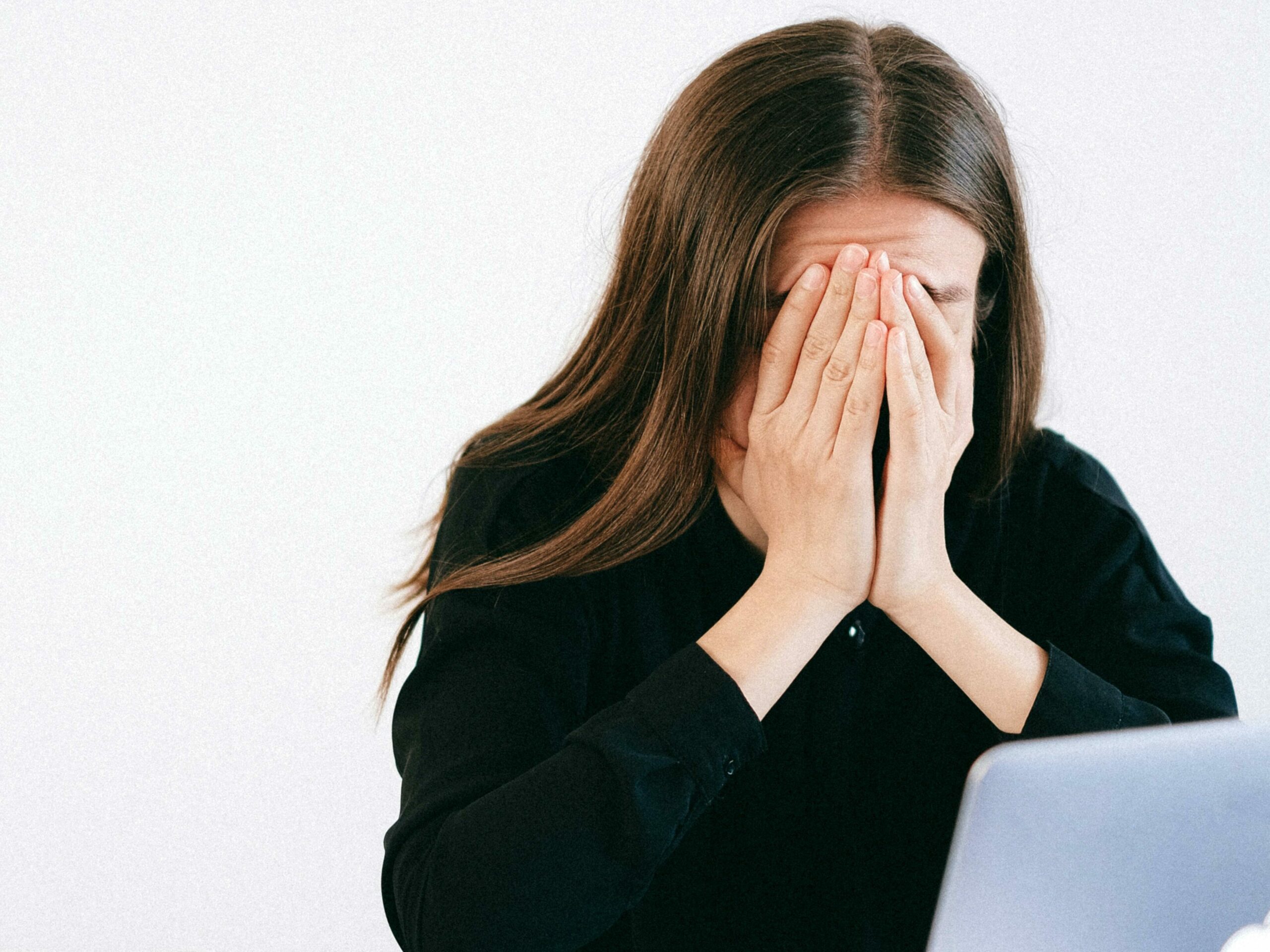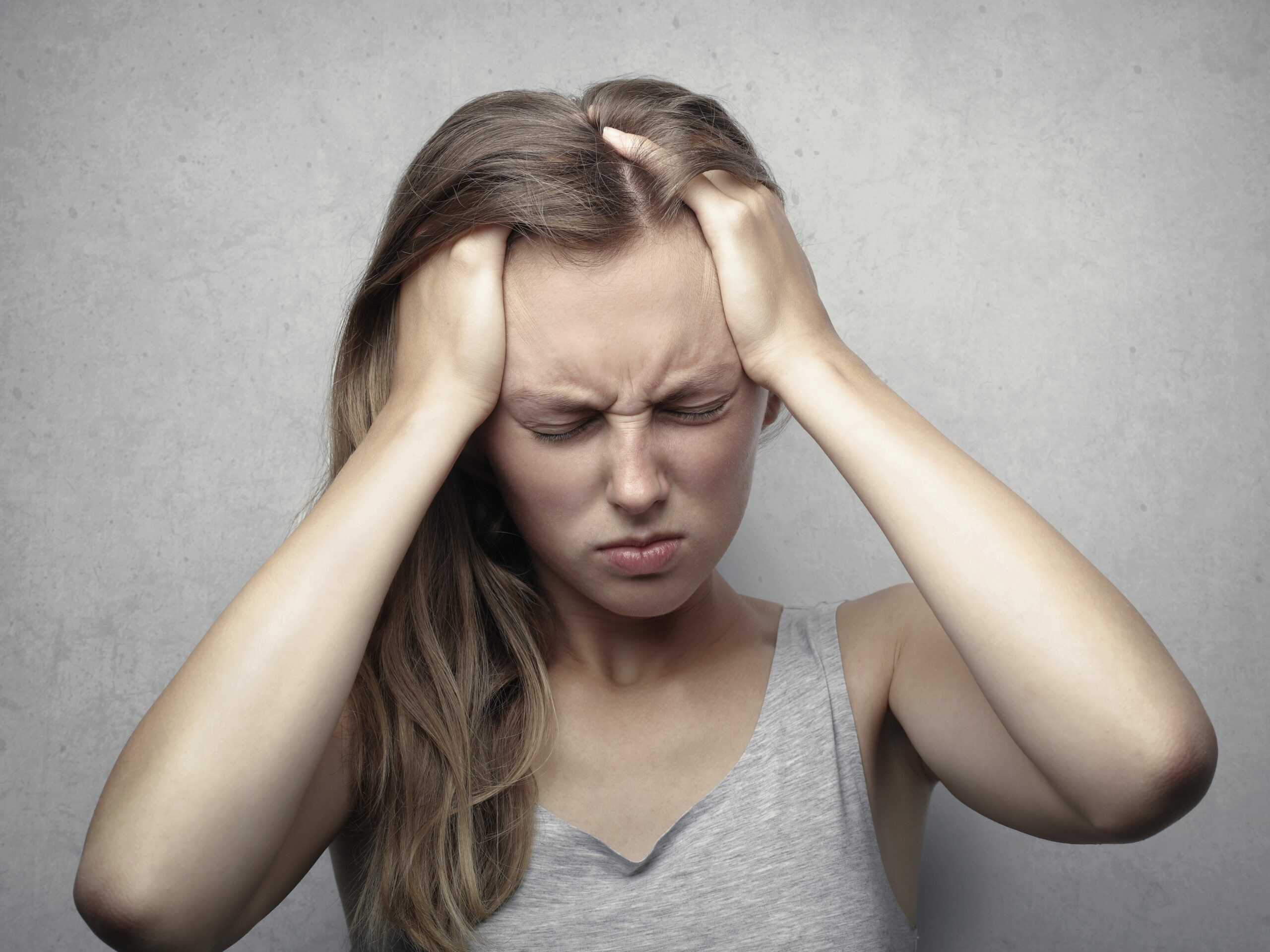Stress reduction is what we’re all looking for in this 21st century. Here’s how I have stopped overthinking and worrying about the future.
Comprehending stress is the most important step in reducing it, after you have gained an understanding of the stressors in your life, you have to be aware of the impact these stressors have on you.
The stress-reduction techniques like exercise, a good diet, quality sleep, and social support can help you take control of how your mind is processing things.
Let’s start with understanding some of the stress-reduction techniques that you’ll need to implement in your routine to live a stress-free life.
1. Understanding and Controlling Stress

Stress is a reaction to an incoming threat or challenge. A “Fight or “flight” response is activated due to an action by the stressors, which leads to the release of stress hormones such as cortisol and adrenaline.
Managing stress effectively is important for the mental well-being of an individual and this is why we need to follow stress-reduction techniques. Being continuously exposed to stress for longer periods can negatively affect the mental and physical well-being of a person.
2. Negative Effects of Stress

Stressing out about things may seem like the right thing to do when you have a lot on your plate but it can have negative impacts on your mind and your body. The behavioral changes that have been observed in people who are stressed are aggressive outbursts. Chronic stress can have serious consequences on your physical health like heart disease, obesity, high blood pressure, and diabetes.
Longer periods of stress can take a toll on your mental health causing insomnia and restlessness which can in turn contribute to conditions like anxiety and depression.
3. Stress-Reduction Strategies
These are the ways, techniques, and practices that are supposed to manage the physical and mental effects of stress on your body and your mind respectively. Here are 6 stress-reduction techniques that can help erase the impact of stressors.
A. Introspection
The first step towards Stress-Reduction is analyzing yourself, your stresses, and your problems and then working on them. Recognize the stressors in your life, record your responses to these stressful situations, and keep in mind the triggers you react to. Self-reflection is the key to managing stress.
B. Meditation and Exercise

The way to a stress-free life is through integrating meditation into your routine. Mindfulness can be a good tool to navigate through the stresses of life, this means being present in the moment. This practice helps you retain your focus.
Deep breathing exercises help in the relaxation of the body. Box breathing is one of the stress-reduction exercises that gives you a sense of calm and reduces the symptoms of stress. Diaphragmatic breathing increases the flow of blood in your body and gives your brain a sense of tranquillity.
C. Maintain a Balanced Diet

Stress reduction is a gradual process, a balanced diet can be a great way to fix your eating habits. A well-balanced diet contains both micronutrients and macronutrients.
High-Protein Peanut Butter is a good source of protein, fruits and vegetables, legumes, and whole grains are some sources of carbohydrates. Avocados and nuts are a great source of healthy fats.
D. Sufficient Sleep
Sleep is a crucial part of the well-being of an individual. Quality sleep helps your body restore itself for another day. A consistent sleep cycle of 8 hours of sleep should be established to avoid stressors.
Stimulants are to be strictly restricted before bedtime. Quality sleep gives you the strength to combat stress.
E. Strengthen Connections

Stress-reduction is a complex task and it requires you to interact with your family and friends. Positive relationships provide you with social support to fight stress. Emotional support, affirmative words, and positive feedback or advice help in reducing the stress of life.
F. Professional Help
If the stresses in life have started to shadow the normal functioning of your life, you should consider seeking help. Indian society has stigmatized seeking professional help but it is you who are affected by the adversaries of stress so you should be the one resolving it with the guidance of a practicing mental health professional.
A professional can help you navigate through your busy and stressful life by offering help specified to your needs and wants.
Conclusion
The most important aspect of understanding stress is to identify the sources from which it is coming from. Managing stress should be of utmost importance to us humans as the repercussions of not controlling our stresses are bad for both the body and the mind. Taking into consideration all the stress-reduction practices in this article, we need to prioritize self-awareness, a balanced diet, quality sleep, emotional support, and exercise.
Frequently Asked Questions
Why can’t I relax?
Stress, anxiety, and depression coming on the heels of non-stop pressure to achieve, physically interfere with the body’s relaxation mechanisms.
What are the 4 A’s of stress?
Dealing with Stressful Situations: The Four A׳s
When deciding which option to choose, it’s helpful to think of the four A’s: avoid, alter, adapt, or accept.
What is a good stress?
Good stress, or eustress, is the type of stress you feel when you’re excited.

